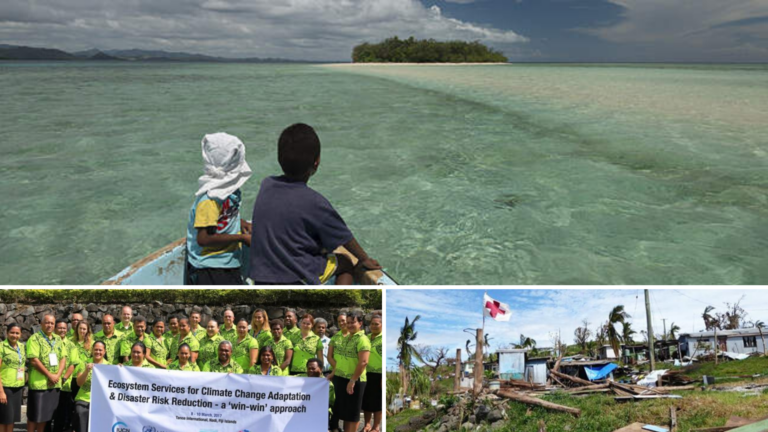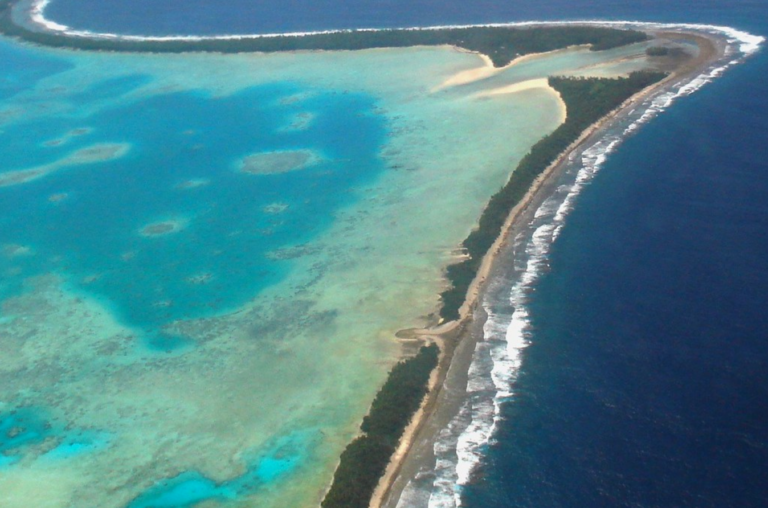Convolutional Neural Networks (CNNs) are neural networks that can process images and identify objects within them. Although these methods of machine learning have been around for a long time, it was only within the past 10 years that the error of image classification was reduced to 15%, leading many companies… read more
Disaster Preparedness
Disaster Risk Reduction: How big data plays a role in its ambiguity
Our team had the intent to investigate the true state of Oceania’s Disaster Risk Reduction (DRR) efforts. But what seems like a clear topic, quickly turned into a complex web of strategies, policies, and programs that all relate to DRR in some form or another. The problem of trying to… read more
Modeling and Protecting Freshwater Resources for Disaster Resilience
In 2016, a drought on the Marshall Islands caused over 16,000 people to suffer from extreme water shortages. The government declared a state of emergency well after freshwater wells had already been contaminated by seawater, leaving thousands to drink from coconuts for survival. This picture is unfortunately not uncommon for… read more
Shrinking Shores? – Ocean Dynamics and Customizing Adaptation Plans
When it comes to climate vulnerability, one group of people will be particularly challenged: those living on low-lying islands, especially atolls. There’s frequently news about how quickly climate change will necessitate relocation or resettlement but it often focuses on the time at which sea-level rise will cover the land, making… read more
Developing Resilient Systems: How can we make sure the right decision makers are gathering at the table?
The planning and implementation of effective climate change resilient strategies is dependent and reflective of who is invited to the table during key decisions making events. I argue that local voices need to be at the core of every meeting, workshop, forum, and planning event, and that currently, we should… read more







